I'm no psychologist, but I'm always curious about what draws people to their personal passions. Why does someone love to spend her afternoons knitting while her husband would rather spend the day at a flea market looking for baseball cards? Why does one friend read serious history books while another reads nothing but thrillers? Why do I love college football but my cousin only likes the pros?
More to the point for this blog: “Why do so many people have such a particular fascination with France?” And even more precisely, the question my friends often direct to me: "Why do you care so much about the Auvergne, the Centre, the Limousin, and all the other regions that make up what I'd call 'the deep heart of France'?"
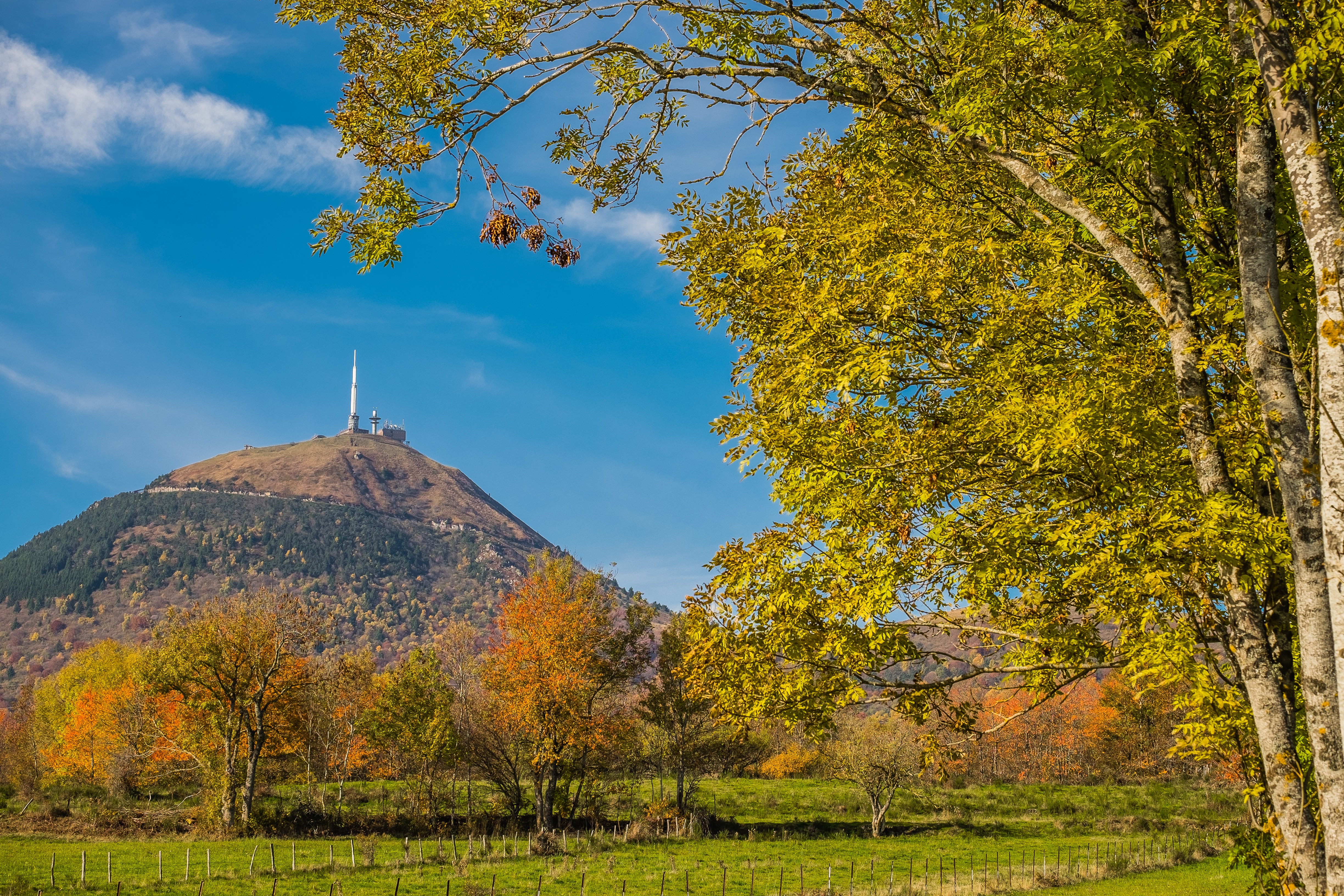
For me, the subject first came up in my (required) Western Civilization courses in college and their coincidental alignment with my one year of college French, for which (as it turned out years later) I have some aptitude. I could just as easily have grown fond of England, or Germany, or Italy (we weren’t talking so much about non-Western cultures in those days). But because I was learning to like the language, and because I was fascinated with France's role in medieval and Renaissance history -- the knights of the Crusades, the codes of chivalry, the political machinations at Versailles -- it was France that stuck in my head as “something I’d like to know more about.”
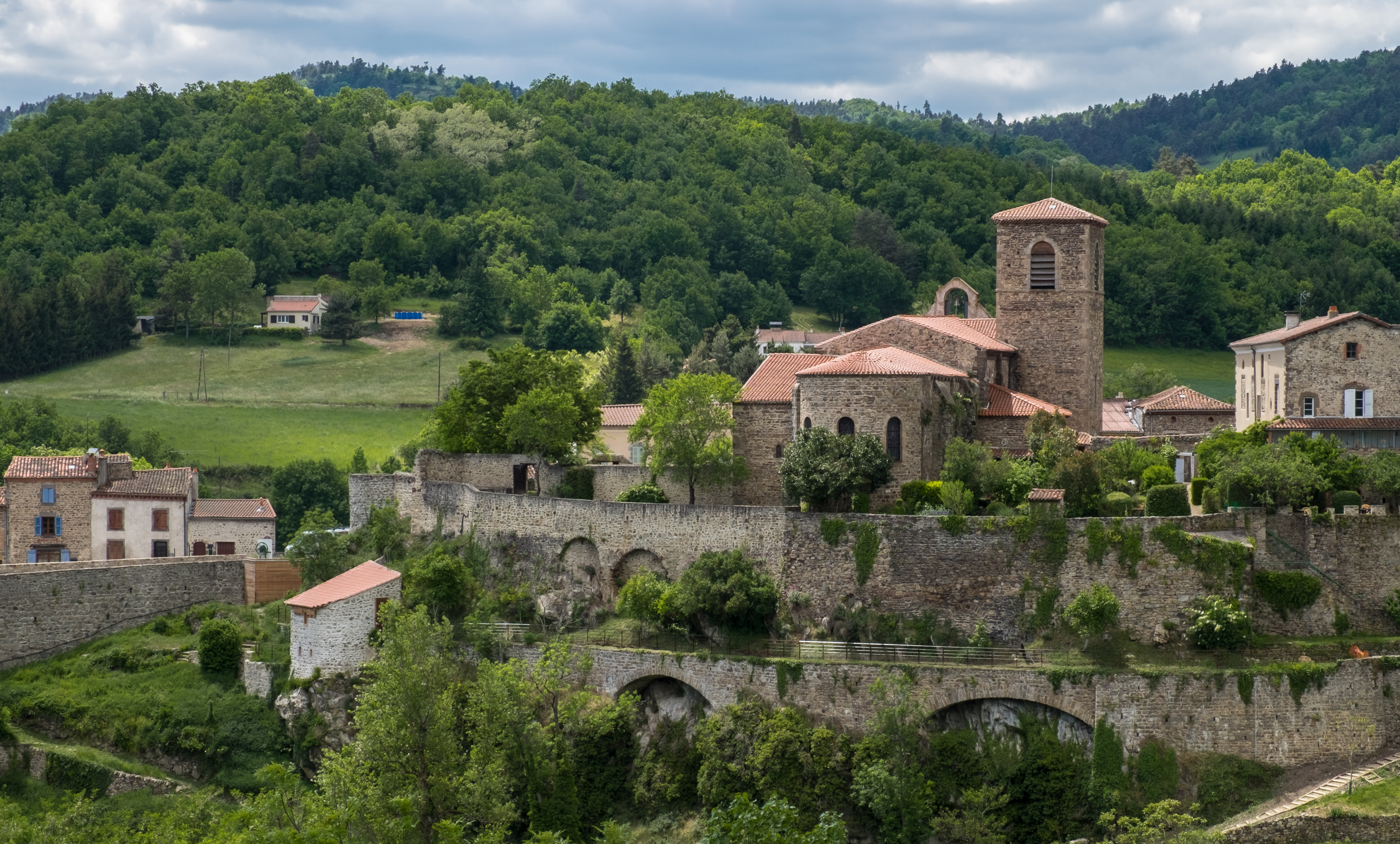
For reasons I'll leave to another post, I ended up working first as a computer programmer, then an IT project manager, and finally in leading corporate IT teams. During the “careerist” period of my life, I spent very little time on history and literature, focusing more on developing in my work as an IT manager. The flames were rekindled when I first started doing international IT projects – first when I represented my company in a European consortium working on technical standards for PCs, then heavily at another firm, where we opened a warehouse in Moscow, a new factory in Switzerland, and another new factory in China. All these experiences took me outside my own culture – and not just business IT culture, but everything else: food, music, street life, architecture, politics, pop culture. I began to believe that the only way to really cultivate my taste for “pan-disciplinary” understanding was to get outside the US and live in another culture for some period of time.
That opportunity came from Michelin, the great global tire manufacturer. In 1997 my wife, my son, and I moved to the company’s historic headquarters in Clermont-Ferrand, in the middle of France, for the first of our two expatriations.
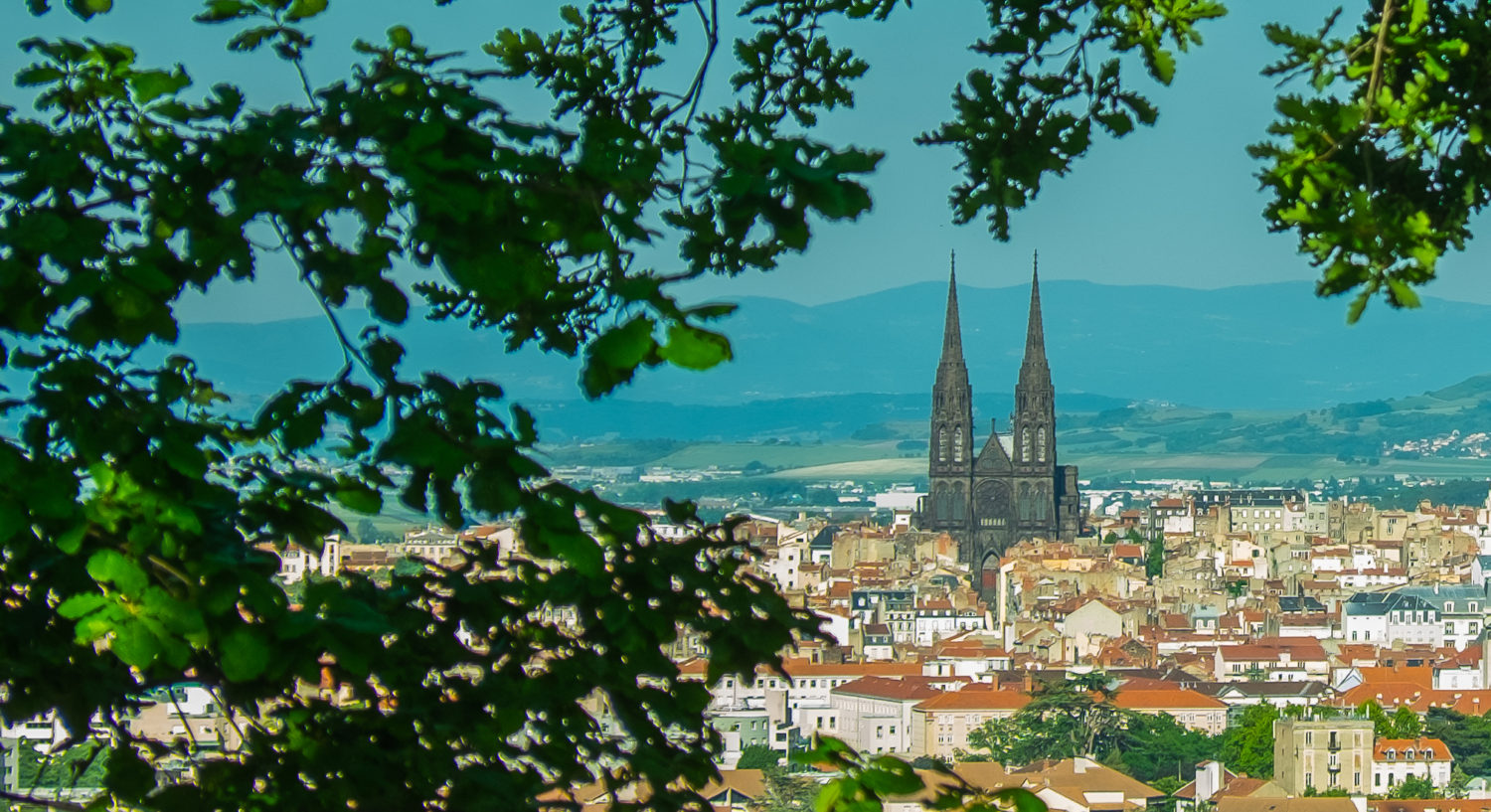
Our very first outing came within two weeks of our arrival – a day trip to Le Puy en Velay, one of the major pilgrimage sites on the “road to Compostella”, and steeped thoroughly in medieval history. After that, we traveled aggressively; since Clermont-Ferrand is close to the center of France, we could leave for the weekend on almost any Friday night and be in places like Rocamadour, Lyon, Moulins, Limoges, or Paris by bedtime.
We profited, too, from the generous French vacation allowances, taking longer swings through the great regions of Burgundy, Bordeaux, Dordogne, Champagne, Bretagne, Normandy, Alsace, Lorraine, Provence…. The pure intellectual pleasure of it was intensified by my growing comprehension of French in everyday life; the emotional pleasure of it was multiplied many times over by the happiness that came from sharing the expat experience with my wife and my son, and by the many long trips by car and train that brought us closer together as a family.
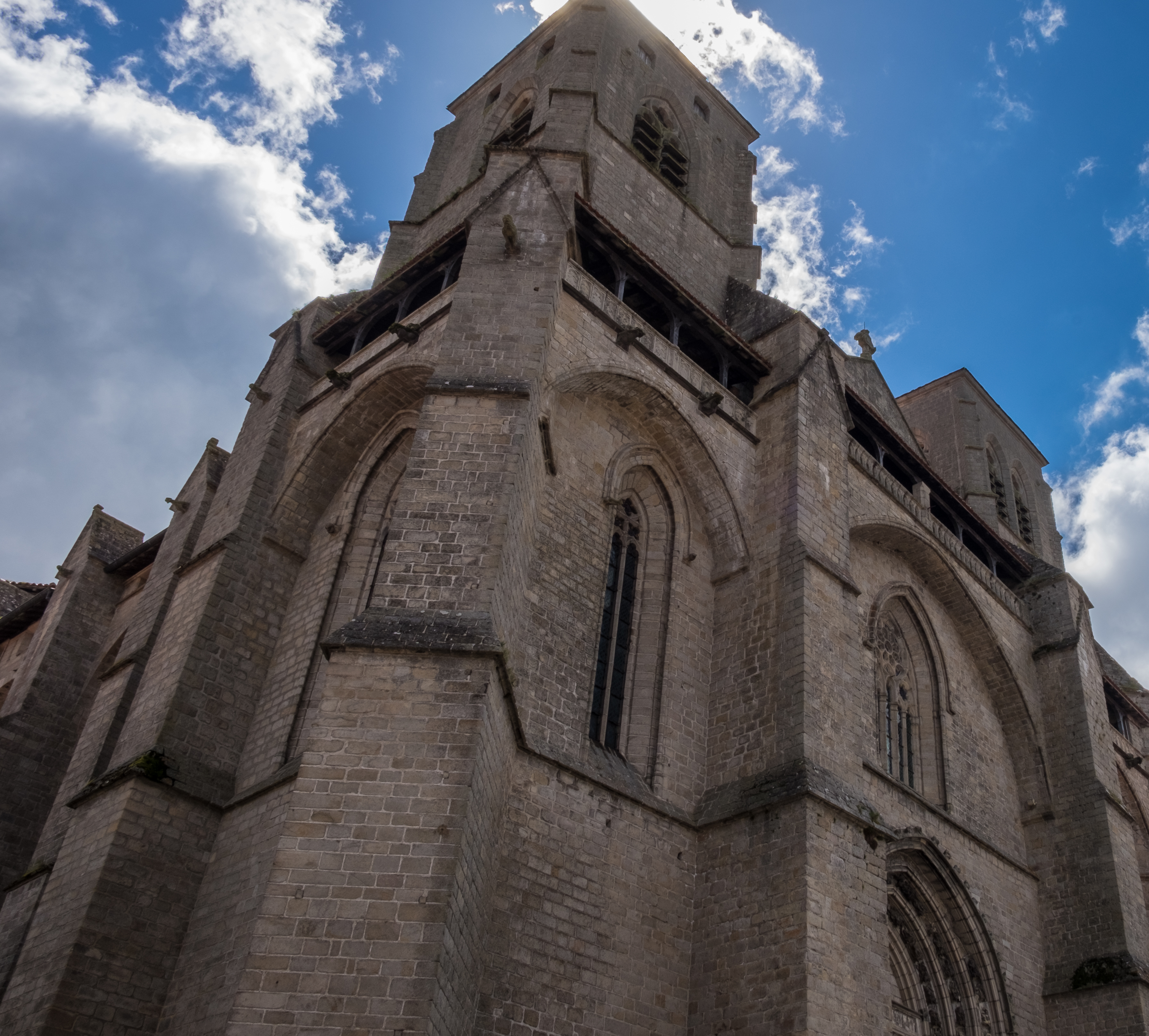
As a side note: Yes, we also went to Paris, many times. In our first couple of years, the lure was to see the major “touristy” sites but also to have what we called “American weekends” in those days before Slingbox and Amazon – dinner at Chilli’s, movies in English, and a trip to the city’s English-language bookstores. And, yes, we love Paris, too, for its history, its architecture, its food, its look! But to be clear, Paris is not France, and the center of France is not Paris!
After this three-year “walk in others’ shoes” experience, we moved back to the US but my job continued its international focus. I traveled to France at least 4 weeks every year, and in some years the time rose to 10 or 12 weeks. My ability to communicate in French improved more slowly, but was encouraged by regular interactions with my colleagues in Clermont-Ferrand and our French inpats here at our US headquarters.
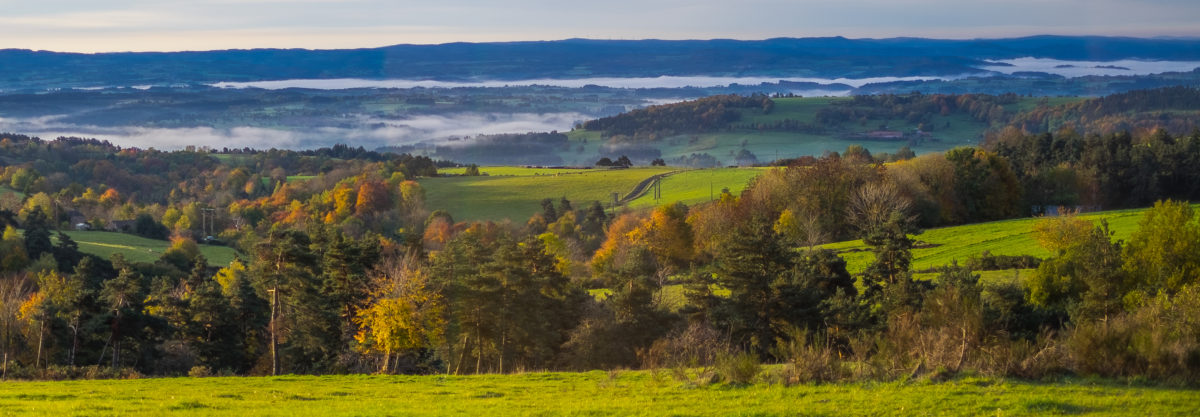
Not surprisingly, after nine years in IT leadership here, Karen and I jumped at the opportunity to go back to France in 2009 – this time for four years, and this time as a couple, since our son was now off to college and his own life. Our aggressive travel continued, and we took particular pleasure in deepening our knowledge of Paris “off the beaten path”, in more intense food and wine experiences, and generally in being closer to French people. I was the sole Anglophone in an all-French leadership team for one of my company’s major product lines so my fluency in French improved to a reasonably high level.
And all along, I read deeply about French history so we could have a better understanding of the places we were visiting – why they were situated where they are, why they are important historically, what they like to eat and drink, what they celebrate, and what it might have been like to live there in medieval or renaissance times. (For Karen and me, there is nothing much more interesting than finding a castle or old home that still feels “lived in”, even centuries later; many of the great showpieces of the Loire Valley can’t say that, but when one of them – Chenonceaux, for example – rises to that level, when you get a genuine sense of how it felt to live there, we’re thrilled!
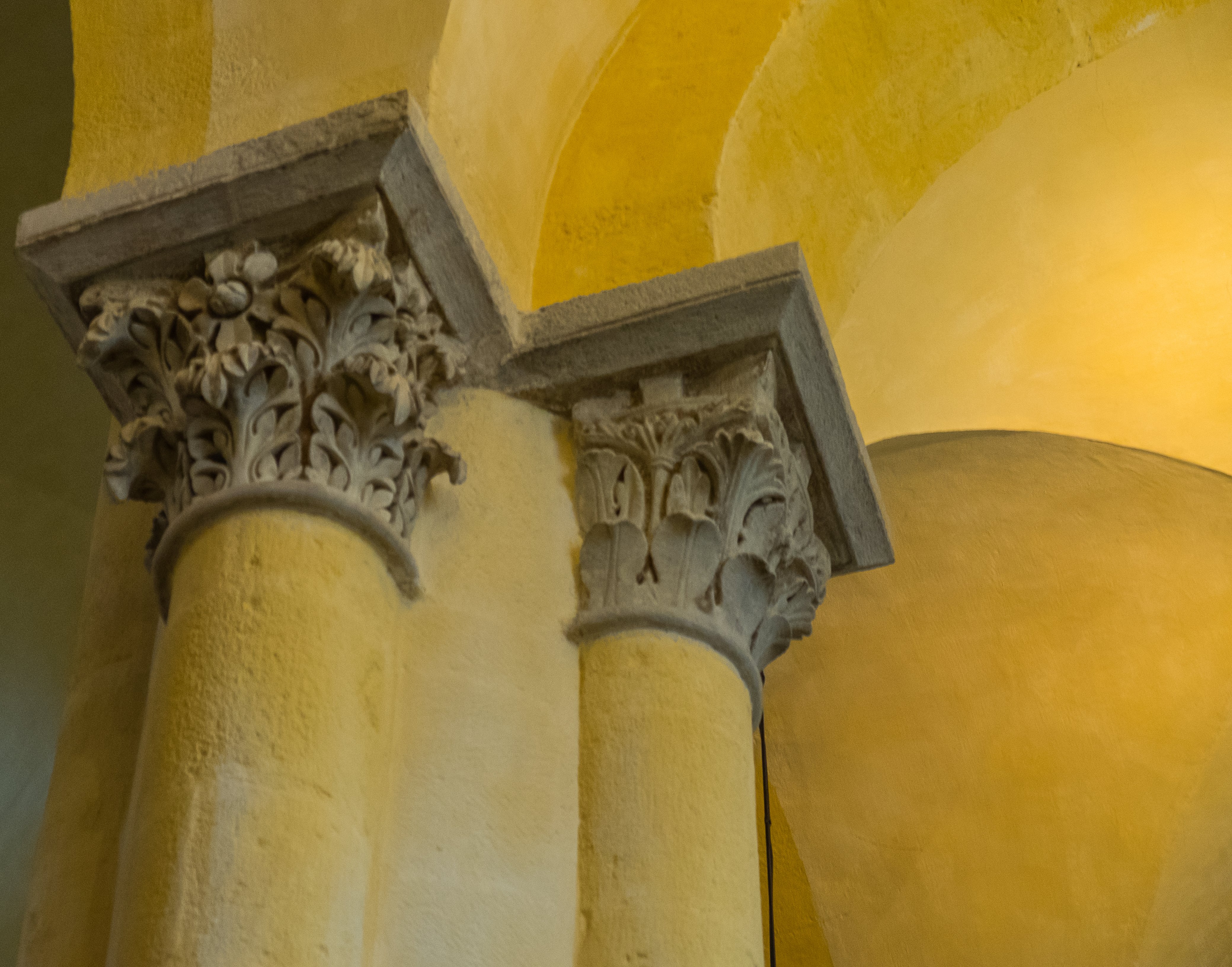
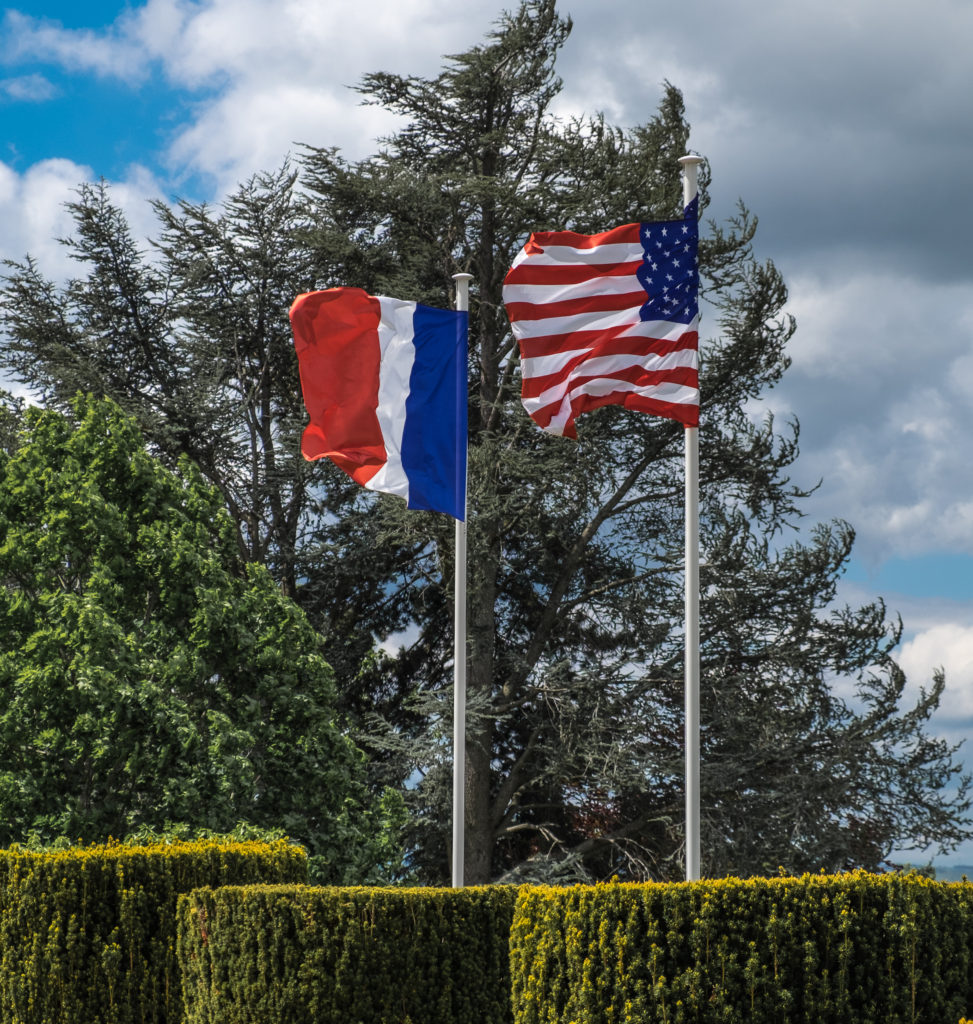
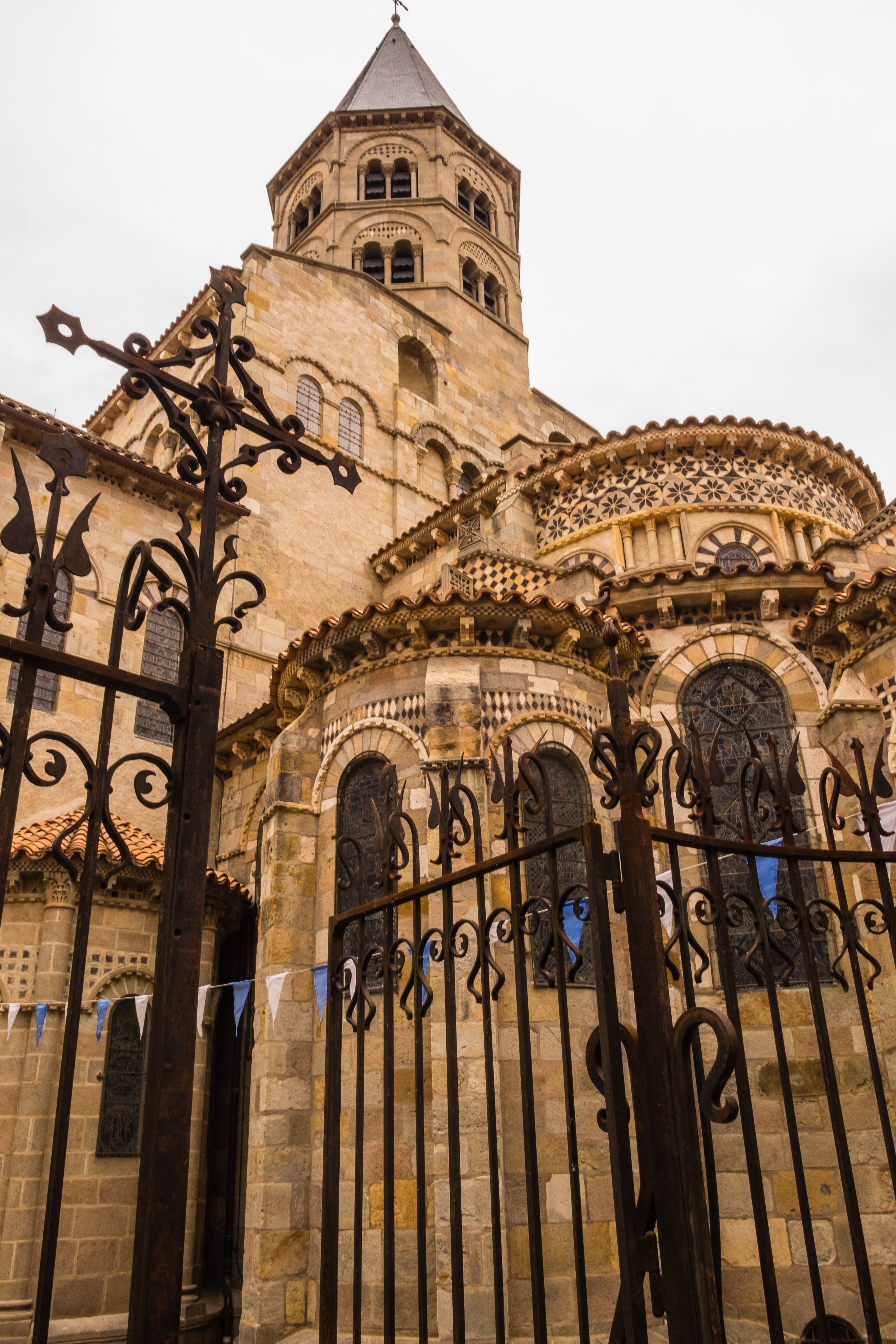
Of course I know that French history – like everyone else's history – is filled with truly horrible, unimaginably difficult and cruel events. There’s also a fair amount of mundane aggravation in daily life; we’re no more fans of rail strikes or heavy-handed bureaucracy than the next guy. Since we're proudly American, we're also keenly aware of the other stereotypes that pop up when Americans talk about France.
It’s also fair to say, though, that French history has known moments of soaring achievement and vision, moments of world leadership to accompany all the well-known moments when other, darker forces prevailed – and those moments are worth knowing, too, for the contributions they made to the world we all inhabit now.
My fascination with "the deep heart of France" in particular goes back to the dichotomy between Paris and the rest of France. Tout le monde knows about the art, architecture, and major history of Paris – but do they know what was happening in Lyon or Clermont-Ferrand during the horrors of the French revolution? Do they know how people like Lafayette and Desaix and Pascal climbed their way out of the absolute “backwaters” of the country onto the world’s stage? Do they know about events that echo in today’s headlines but that happened on the other side of the moon as far as Paris was concerned?
So now, I 'm writing about and sharing my love of “the other France” – the “deep heart of France” – as best I can with other people who like the country and its people for whatever reason. I want you to see the gorgeous Romanesque architecture, the rugged mountains, the traces of Rome, the feudal wars, the “great moments in history”, the continuity of life in places occupied since the first humans appeared on the continent – all things which are not even really well known to most French people. (After all, how much does an average New Yorker know about daily life and the best things to see and do in southern Colorado?) Most of all, I want to capture the flavor of how people really live in the rest of France outside Paris.
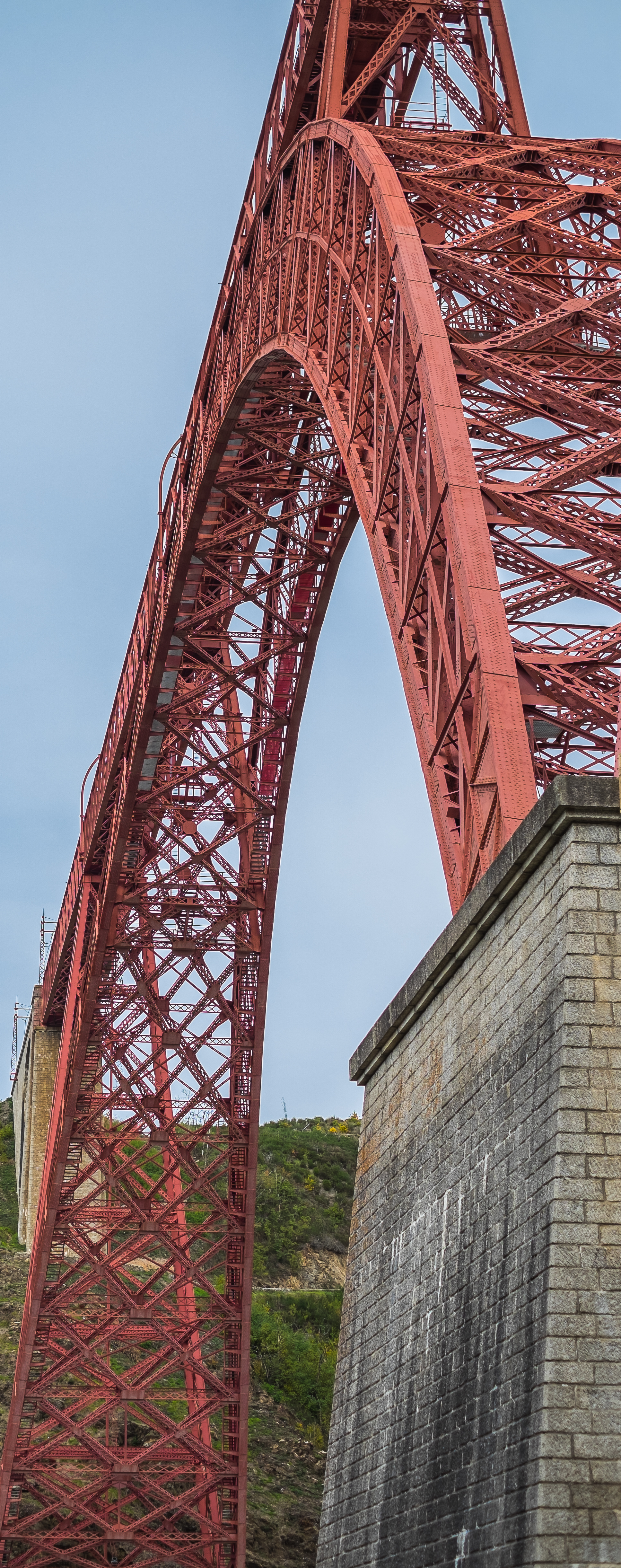
I'm proudly American, but I am a Francophile and proud of that, too. With DeepHeartOfFrance.com I want to share what I love – and to learn from you along the way!
Do you feel a special affinity for France? How did you come to feel that way? What's your experience in the country? Please join the conversation below!

